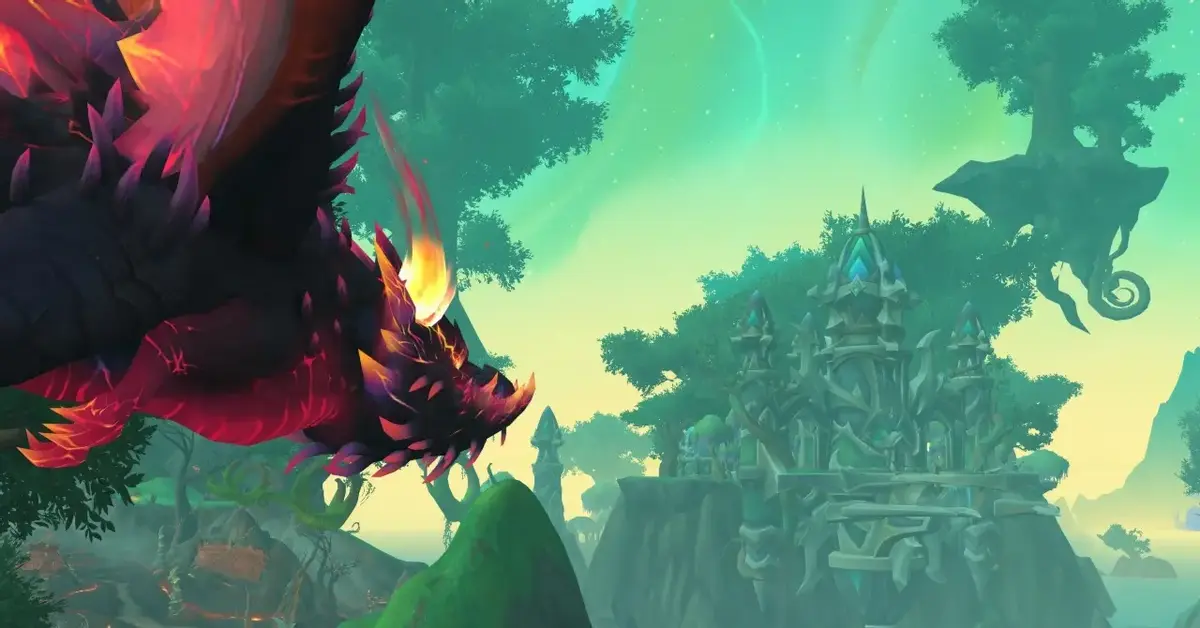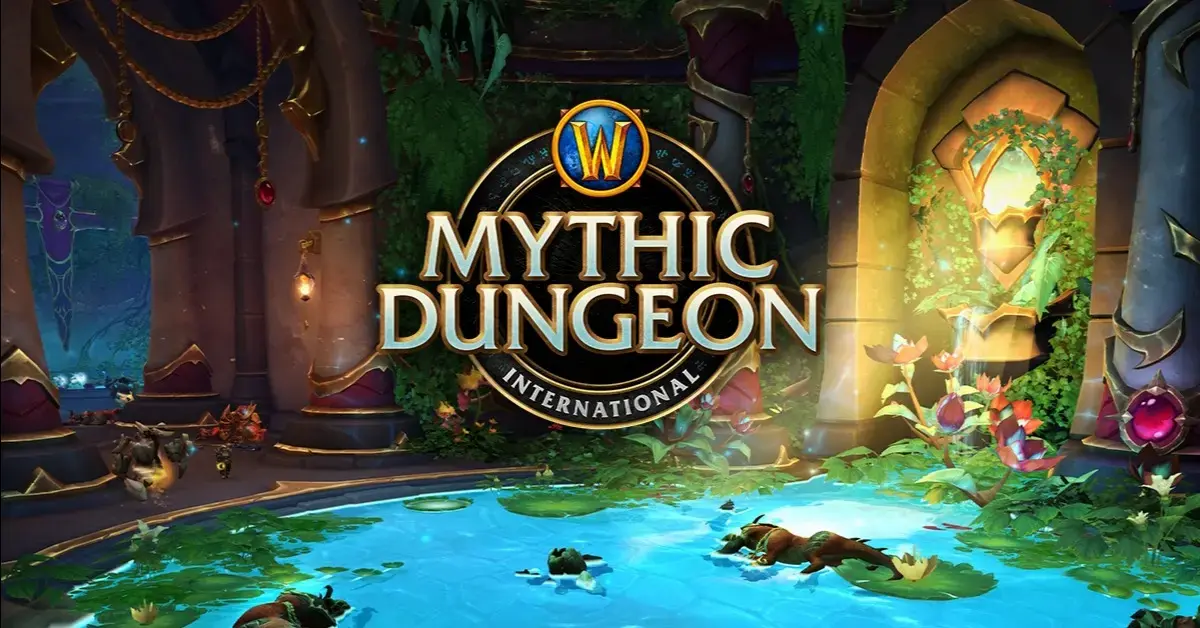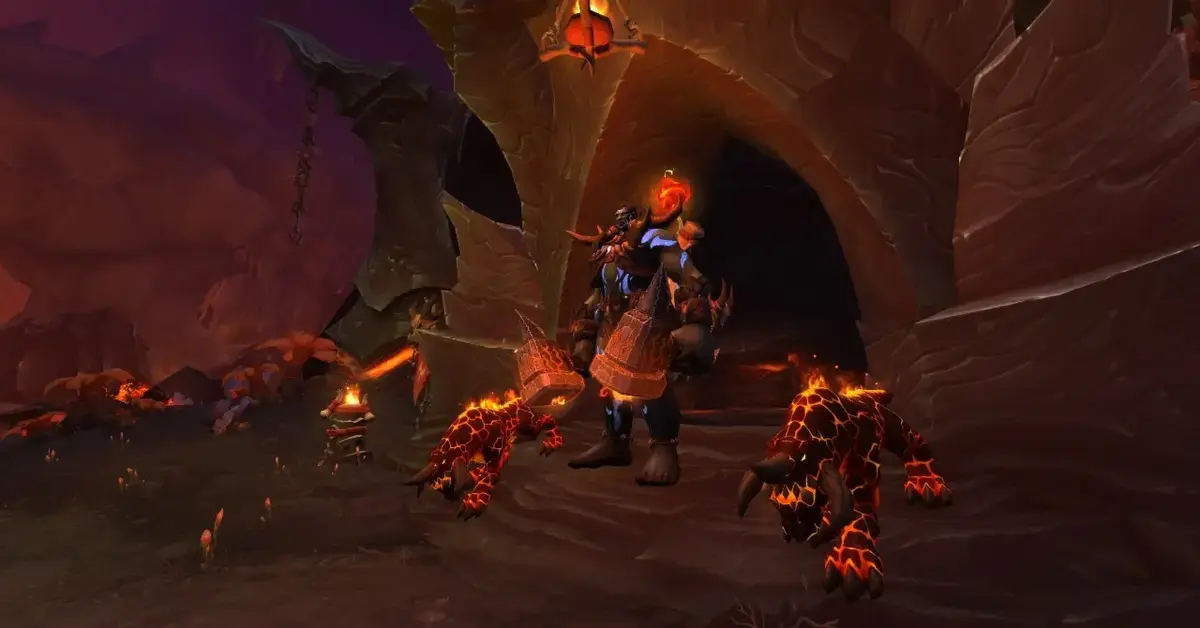WoW TBC Classic Alchemy guide
WoW TBC Classic Alchemy guide
Welcome to this one guide in our series of the Burning Crusade Classic profession guides. This guide follows certain similarities with the Classic guide we have presented, however, there are some differences meant to optimize the levelling experience for the new stage, as well as the elements which have been added to the game in The Burning Crusade expansion.
First of all, similarly to Classic, we recommend you work on your alchemy skill along with herbalism, since that is going to save you a lot of expenses connected with buying herbs, and if you make haste post-launch, you also stand good chances to make quite a sum of money with them.
Moreover, for those who are just getting started, alchemy is the profession that allows the players to craft different potions, elixirs, flasks as well as cauldrons, which are a new addition that we will explain further in the guide. Moreover, now products of alchemy are also necessary for Jewelcrafters, since you can now create Diamonds from raw gems, as well as convert Primals into other types. Should you want to learn more about the details of alchemy, and how it changed from the previous stage of the game, we recommend you have a look at the classic alchemy guide.
One of the main changes introduced in The Burning Crusade are the aforementioned Cauldrons. There are five types of them, one for each element of magic. They are one of the raid consumables, since each can provide 25 Major protection potions, which are incredibly important when raiding in TBC. Hence, making alchemists in high demand for this and any future stage of the game, these are:
- Cauldron of Major Arcane Protection
- Cauldron of Major Fire Protection
- Cauldron of Major Frost Protection
- Cauldron of Major Nature Protection
- Cauldron of Major Shadow Protection
Another difference is the Discovery mechanic which is used to learn new recipes. What it does is give a chance to learn a new recipe when you are completing a recipe you already know. Generally, any Outland recipe as long as it is from the level range between 300-375. However, the aforementioned Cauldrons are a different story, since they actually can only be discovered while crafting the respective Major Protection Potions of the same attribute as the Cauldron recipe you wish to Discover.
Lastly, one other mechanic that is not going to appear at the start, however, will be available later are the so-called Mastery quests. Those give the player additional bonuses towards their chosen specialization. The possible choices are to become one of the three:
- Potion Master, which give a chance to create additional potions when crafting them.
- Elixir Master, giving a chance to create extra elixirs or flasks when crafting them.
- Transmutation Master, which occasionally provides the player with extra transmuted items.
The quests require the player to be level 68 as well as imposing a limit of one possible mastery. There is an option to change it, although it is going to be quite expensive.
The mastery quest NPCs are:
- Lauranna Thar’well in Zagramarsh (80.2, 64.2), who is a potion master
- Lorokeem in Shattrath (45.6, 21.6), who is an elixir master
- Zarevhi in Netherstorm (44.0, 36.6), who is a potion master
However, the quests for elixir mastery and transmute mastery do not start with those NPCs. Instead they begin with Alchemist Gribble in Honor Hold for the Alliance, and Apothecary Antonivich in Thrallmar for the Horde.
WoW TBC Classic Alchemy leveling guide
Creating this WoW TBC Classic Alchemy guide we strived to determine a path which allows the players to level-up in an efficient and economical way. As such, for the majority of the servers it should not be overly expensive, even if you are planning to buy the necessary materials off of the Auction House. It is important to note that, as you may see, when you open the Alchemy window the recipes are going to be shown in different colors – orange, yellow, green, and gray. These indicate how likely you are to get a skill-up upon completing the recipe – from the first one which guarantees an increase in skill points, to the last one which means that you are not gaining any experience from crafting this recipe.
Generally, it is optimal to craft only orange recipes all the time. However, that is not possible, or even more so, not feasible or profitable. Hence, the numbers and amounts you see in this guide are not going to always be precise and you may need to get a few more reagents depending on how lucky you get.
Without further ado, the leveling process for levels 1-300 has not changed much with the coming of The Burning Crusade, so if you have not yet achieved that level, we recommend you check out our Classic guide here: WoW Classic Alchemy Guide: leveling, trainer, recipes. Now for the leveling process from 300 to 375 and the WoW TBC Classic Alchemy guide.
Prior to heading to outland and before the dawn of The Burning Crusade, should you want to get a small advantage, you can actually get quite a bit of initial skill-points crafting classic recipes. If you wish to, you can first get up to level 330 by making either one of the three:
- Major Mana Potion, which require 3 Dreamfoil and 2 Icecap
- Greater Fire Protection Potion, which requires 1 Elemental Fire and 1 Dreamfoil
- Greater Arcane Protection Potion, which requires 1 Dream Dust and 1 Dreamfoil
You might need to make quite a few, since they turn yellow and green by the end, but they are made using only classic herbs and reagents and as such are acquirable prior to the release of The Burning Crusade.
Moreover, before you begin you might want to gather some herbs in advance, since they are available in classic zones, and they will be necessary for early outland recipes, these are:
You are going to need about a stack of each of those to get you started.
As for the leveling process connected strictly with The Burning Crusade and Outland content, you should start by making either one of the following three to reach level 315:
- Onslaught Elixir, which requires 1 Mountain Silversage, 1 Felweed and 1 Imbued Vial
- Adept's Elixir, which needs 1 Dreamfoil, 1 Felweed and 1 Imbued Vial
- Volatile Healing Potion, requiring 1 Golden Sansam, 1 Felweed and 1 Imbued Vial
Afterwards, you ought to be aiming for the 325 level. At this point you can choose between making:
- Elixir of Healing Power, which requires 1 Golden Sansam, 1 Dreaming Glory and 1 Imbued Vial
- Unstable Mana Potion, for which you are going to need 2 Ragveil, 1 Felweed and 1 Imbued Vial
So depending on your supply of classic and outland herbs you can quite easily determine the better option for you.
Having done that, next in order to reach level 340 you can again choose based on your supply or the prices of your server depending on whether you have chosen to level alchemy alongside herbalism, as we suggested in this WoW TBC Classic Alchemy guide or not. The optimal options are to choose either:
- Elixir of Draenic Wisdom, which needs 1 Terocone, 1 Felweed and 1 Imbued Vial
- Mad Alchemist's Potion, which requires you to have 2 Ragveil and 1 Crystal Vial.
Do notice that for the last few points they do turn yellow, and as such the exact number of repetitions required to get to the desired level may differ.
Next, you will want to make Super Mana Potion to get to level 360. The recipe for this potion can be obtained from a vendor, either from Haalrun in Zangarmarsh (67.8, 48.0) for the Alliance or from Daga Ramba in Blade’s Edge (51.0, 57.8) for the Horde. The recipe requires:
- 2 Dreaming Glory
- 1 Felweed
- 1 Imbued Vial
Finally, you should preferably be making Major Dreamless Sleep Potion to get to level 375. This recipe is also not taught by a trainer but has to be obtained from a vendor instead. Do not be concerned, however, since these are not limited supply items and as such can be bought at all times. The vendors selling this recipe are Leeli Longhaggle, in Terokkar (57.6, 53.4) for the Alliance and Daga Ramba in Blade’s Edge (51.0, 57.8) for the Horde. The potion requires:
- 1 Dreaming Glory
- 1 Nightmare Vine
- 1 Imbued Vial
Alternatively, if you have been playing in outland for a longer while, and are Revered with the Lower City, you can make the Elixir of Major Shadow Power, the recipe for which is sold by Nakodu in Shattrath City. Each elixir requires:
- 1 Ancient Lichen
- 1 Nightmare Vine
- 1 Imbued Vial
Assuming you have followed all the above-mentioned steps, you should be now a proud master of alchemy. Congratulations on completing out WoW TBC Classic Alchemy guide and have fun with your newly acquired profession.
Alchemy Trainer
One of the important things to remember when it comes to professions is that they also have certain ranks, these are: Apprentice, Journeyman, Expert, and Artisan, and now the new Outland Alchemy rank – Master, which is going to require visiting special trainers to obtain. This will be especially important if you want to follow our WoW TBC Classic Alchemy guide since during the leveling of the profession you do need to upgrade these ranks in order to be able to gain more skill as well as learn new recipes.
The new trainers added in the Burning Crusade are:
- Lucc, who can be found in Exodar, at 28.6, 61.4
- Camberon, located in Silvermoon City at 66.8, 18.8
Moreover, to learn Master Alchemy between level 300-375, you will need to visit one of those new trainers:
- Alchemist Gribble, in Honor Hold, Hellfire Peninsula, who is the Outland Alchemy trainer for the Alliance.
- Apothecary Antonivich, in Thrallmar, Hellfire Peninsula, who helps the Horde players learn their alchemical skills.
- Lorokeem, in Shattrath City, who is a neutral trainer available to both sides of the conflict.
Thank you for taking time and interest in our ultimate guide to WoW TBC Classic Alchemy and we wish you great adventures, Hero of Azeroth!



